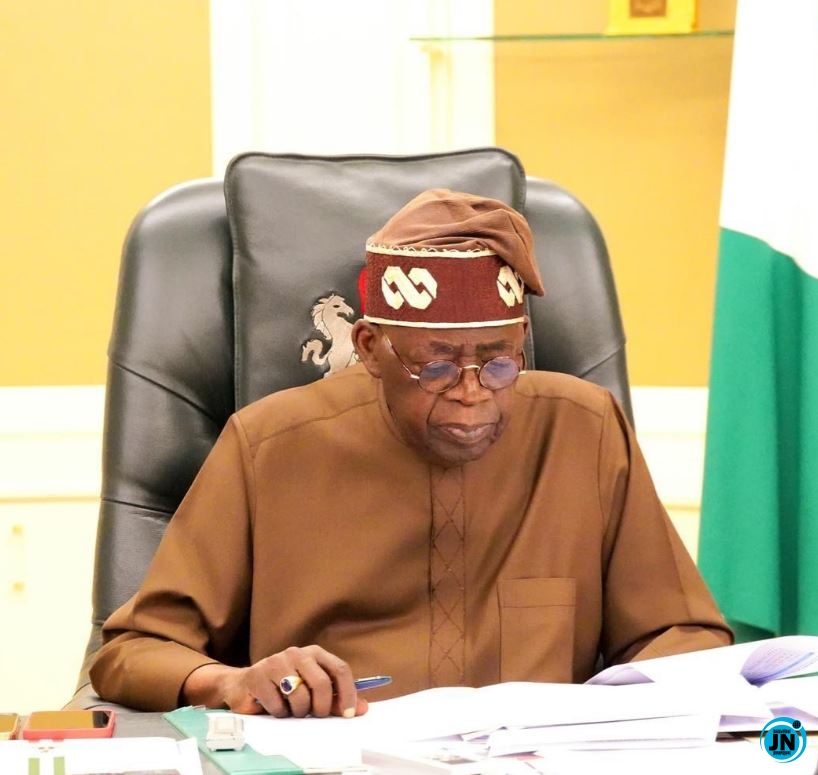The Presidency has officially announced that starting from January 2025, local governments in Nigeria will begin receiving their allocations directly from the Federal Allocation Account Committee (FAAC). This marks a significant shift in the country's governance structure and is seen as a crucial step toward ensuring local government financial autonomy.
This change follows a landmark decision by the Supreme Court in July 2024, which ruled that state governments' control over local government funds was unconstitutional. The court's ruling mandates that funds meant for local governments should either be paid directly to them or routed through the state governments. However, due to the inefficiencies observed in the latter method, the court insisted that local governments receive direct payments to improve transparency and accountability in fund distribution.
The Special Adviser to the President on Media and Public Communications, Sunday Dare, confirmed this decision during an interview on Arise News on Thursday night. He emphasized President Bola Tinubu’s unwavering commitment to ensuring that Nigeria’s 774 local governments achieve financial autonomy. He added that this move would ensure more efficient and direct financial support to the local governments, reducing delays and misuse of allocated funds.

The Supreme Court's decision was a result of a suit filed by the Attorney General of the Federation, Lateef Fagbemi (SAN), who advocated for greater financial independence for local governments. In a unanimous judgment delivered by Justice Emmanuel Agbim, the court directed that funds allocated to local governments be paid directly to them rather than being filtered through state governments, which had led to inefficiencies and misuse of resources.
According to Dare, the delay in the implementation of the court’s decision was necessary to establish the necessary systems to handle these direct payments. These systems are now fully operational, and the transition is set to take place at the end of January 2025.
Speaking further about the importance of local government autonomy, Dare shared an example from a conversation with a local government chairman who expressed excitement about receiving a much larger allocation. "I spoke to a local government chairman, who said, ‘Oh, I will be getting ₦2.9bn, instead of the ₦200m I was getting before.’ From the end of this month, LGs will receive the money directly,” Dare stated, highlighting the impact this change will have on the financial capabilities of local governments.
In addition to emphasizing the benefits of direct payments, Dare also called for greater accountability in how both state and local governments manage their resources. He pointed to the significant funds collected by one state, amounting to ₦499 billion last year—nearly four times its previous allocation—but with little visible improvement. "One state collected ₦499 billion last year—nearly four times its previous allocation—yet there’s little to show for it," Dare noted. This discrepancy underscores the need for transparency and effective management at all levels of government.
Furthermore, Dare urged Nigerians to hold state and local governments accountable for their financial management, stating that criticism is often unfairly directed at the Federal Government alone. "The framers of our constitution created the three tiers of government for a reason. It’s time to hold states and local governments accountable,” he added, stressing the importance of ensuring that the resources allocated to all tiers of government are used effectively and transparently for the benefit of the people.

